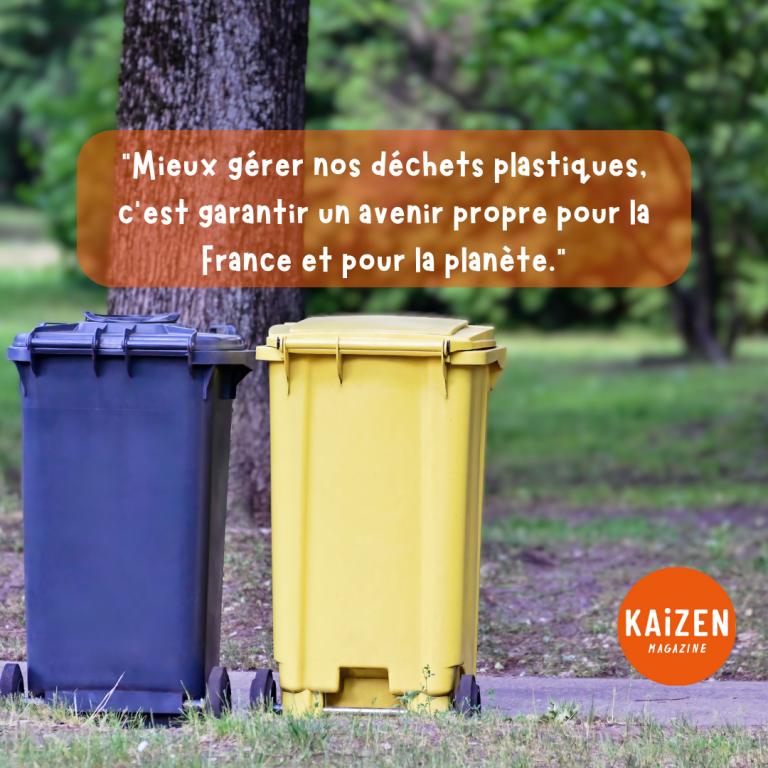In 2023, France paid €1.5 billion to the European Union for failing to meet its plastic waste recycling targets. This amount, revealed in an official report, highlights the work that remains to be done to improve plastics management in France. With only 23% of packaging plastics recycled, far from the 40% target, France is lagging behind countries such as Slovakia (60%), Belgium and Spain (above 50%).
Plastic is omnipresent in our daily lives: from water bottles to yoghurt pots, food trays and plastic films. It invades not only our packaging, but also our everyday objects such as telephones, computers, vehicles, toothbrushes and various textiles.
On average, each French person consumes around 70 kilos of plastic per year, compared to 40 kg in Germany and 30 kg in the United Kingdom. France has, however, taken proactive measures, such as banning straws and cotton buds since 2021, and has set an ambitious goal of eliminating single-use plastics by 2040.
Unfortunately, a large portion of non-recycled plastics is burned to produce heat, a process called energy recovery. The rest is either landfilled or ends up in the oceans, contributing to worrying marine pollution. According to Ademe, every minute, a garbage truck of plastic waste ends up in the seas, or several million tons per year.
In addition to their environmental impact, plastics affect biodiversity, human health and contribute to greenhouse gas emissions. Plastic generates around 2 billion tons of CO2 per year, mainly during its production, a trend that is constantly increasing worldwide.
To improve the situation, several actions can be considered. Reducing plastic production is crucial, a goal supported by an international treaty under negotiation, expected to be completed by the end of the year. In France, it is also recommended to improve collection and recycling, as well as to develop more easily recyclable plastics. Yogurt pots, for example, represent a significant source of recycling, with 15 billion pots purchased each year.
On a more personal level, everyone can contribute by reducing their plastic consumption: avoiding changing your phone every year and favoring sustainable alternatives, such as a reusable water bottle instead of disposable water bottles, can make a significant difference.
This article is originally published on kaizen-magazine.com








